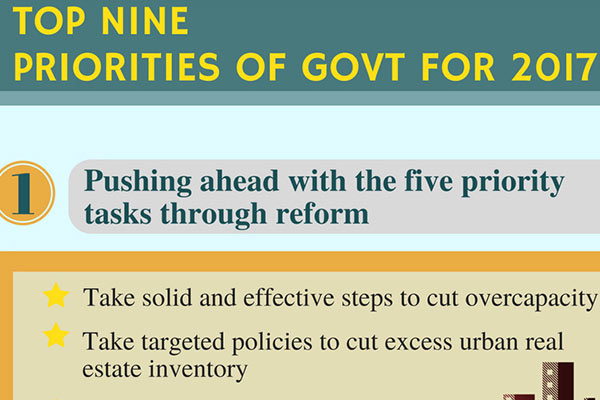High-end dining sector fizzles amid frugality campaign
BEIJING - The Chinese government's frugality campaign has turned up the heat on China's catering industry, especially the high-end dining sector, according to the latest official data.
The catering industry grew 8.5 percent year-on-year in the first quarter, with the growth rate down 4.8 percentage points from the same period of last year, according to statistics released by the National Bureau of Statistics on Monday.
"The slower growth was within our expectations, but we did not expect it to be so dreadful," said Bian Jiang, assistant to the president of the China Cuisine Association, or CCA.
A research report released by the CCA on April 10 indicates that high-end dining businesses have taken the hardest hit. The NBS defines high-end dining businesses as those with over 40 employees and annual sales exceeding 2 million yuan ($320,000).
The high-end dining sector fell 3.3 percent in the first two months, marking the first negative growth since China initiated its reform and opening-up policy over three decades ago. In some cases, business revenue plummeted by as much as 50 percent in February.
Bian regards the rising costs of rent, raw materials, labor and various other fees as the four major factors adversely affecting the country's catering industry and undermining its future growth.
"There are as many as 46 kinds of taxes and fees imposed on the industry," Bian said, adding that the recent frugality campaign was the straw that broke the camel's back.
In a bid to improve the government work style, the country's new leadership initiated a frugality campaign in December aimed at curbing consumption that uses public funds, among other purposes.
High-end restaurants have been the most seriously affected. For example, dining giant Xiang'eqing is expected to register losses of up to 70 million yuan in the first quarter, a sharp contrast to 46 million yuan in profits it reported in the same period of last year.
Bian believes the downward trend will be difficult to reverse, because the first two months usually outperform the rest of the year as there are many holidays at the beginning of the year.
However, despite setbacks and difficulties, he believes there are ways out of this.
"First of all, we need to transform and upgrade the catering industry, and secondly, we hope for more favorable policies that will deliver us out of the mire," he said.
Bian considers transformation and upgrading as the most important recipe for success.
The catering industry should find a way to meet the needs of a wealthier Chinese society. To this end, the CCA has geared up efforts in research and sales promotions across the country, according to Bian.
Considering the recovery in total retail sales of consumer goods in March, the impact of a sluggish high-end catering industry on the national economy will be limited, said Tang Jianwei, a senior economist with Bank of Communications.

















